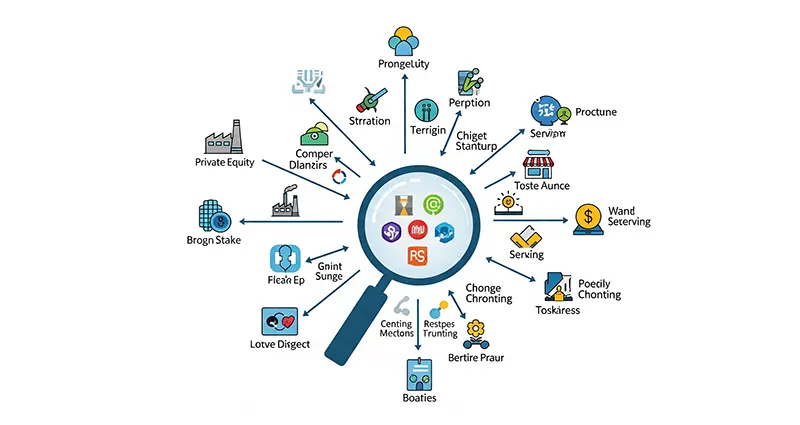Switching To Cloud Hosting: Simple Guide
Most website owners stick with one web hosting service due to the hassle of migration. The risk of losing the data or experiencing downtime discourages most of them from making a switch. Although web hosting migration can be daunting, with the right planning and guidelines, it can be handled smoothly.
In this piece, we will understand how to switch to cloud hosting in India. Businesses that want to switch to cloud hosting stress-free with minimal downtime while maintaining performance should keep reading.
Step-by-Step Guide to Switching to Cloud Hosting
1. Assess Your Cloud Hosting Needs
Before migrating to cloud hosting, it is important to understand what you need. You need to understand how your website is currently performing and whether you have any themes or plugins that are not compatible with the cloud.
Then, understand your database size and whether there is something that needs cleaning up. Also, understand traffic patterns when you peak traffic to learn how you can schedule migration to avoid disruption.
2. Choose a Reliable Cloud Server Provider
Some of the critical elements to keep an eye on to get a secure cloud hosting service include:
- Scalability
When it comes to secure cloud hosting service, although you get scalability, you need to understand what kind of scalability your provider offers. When you understand this, you will be able to match your growth and performance needs.
- Support
Go for a cloud hosting service provider that has reliable and approachable customer support along with uptime of around … READ MORE ...











